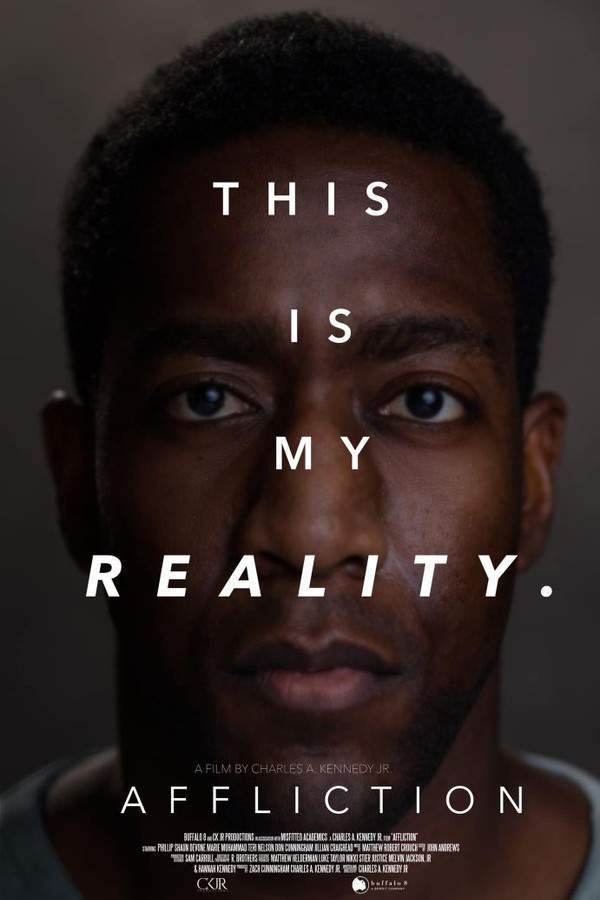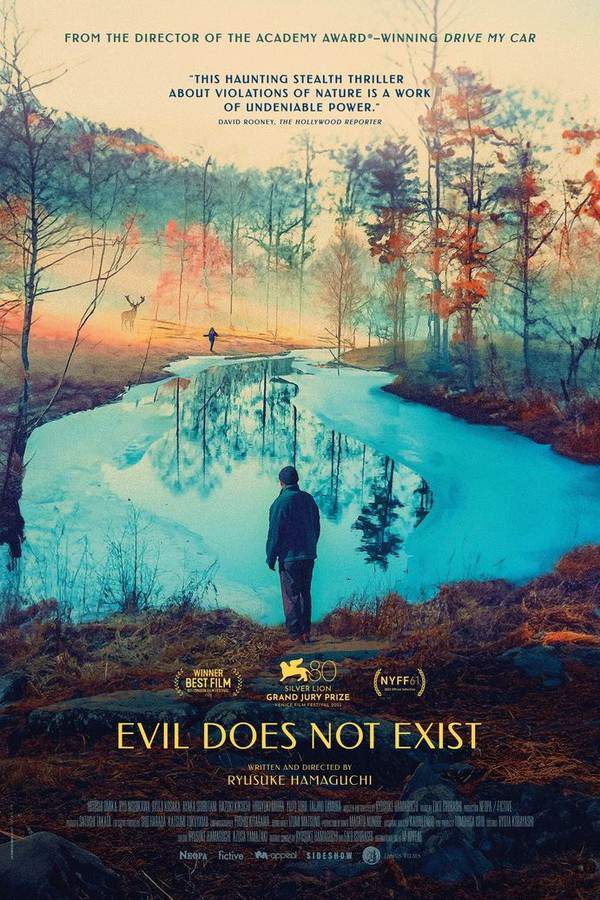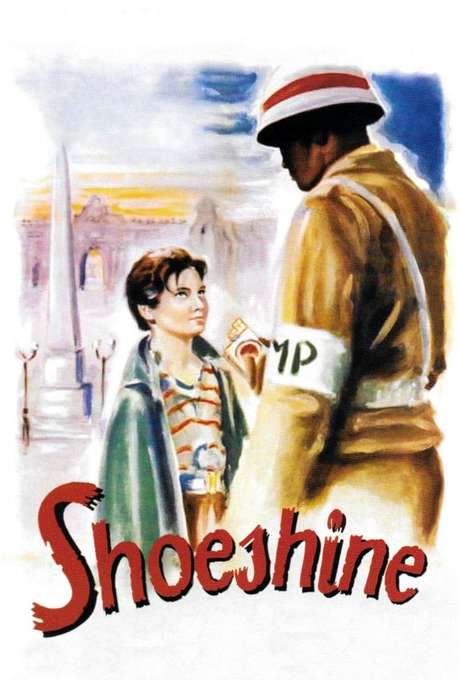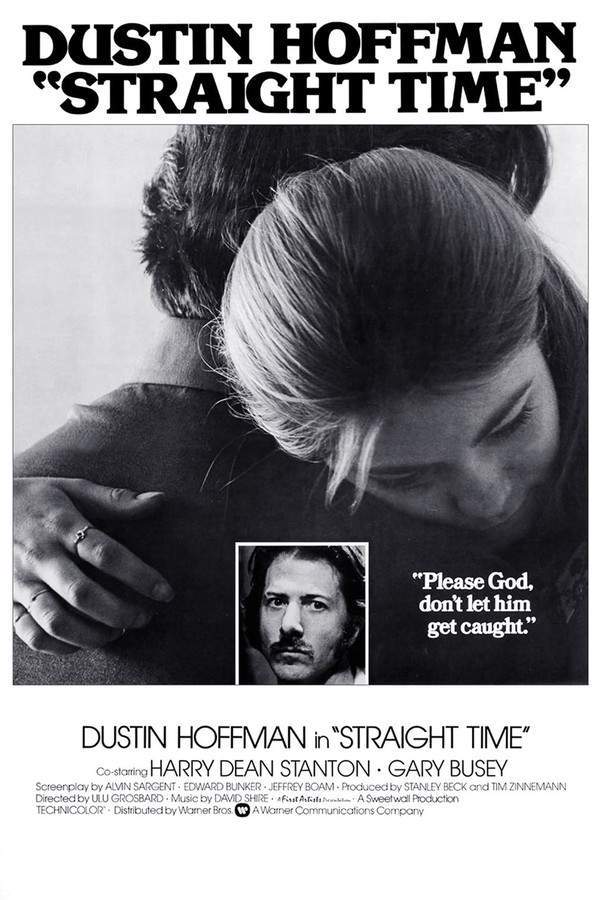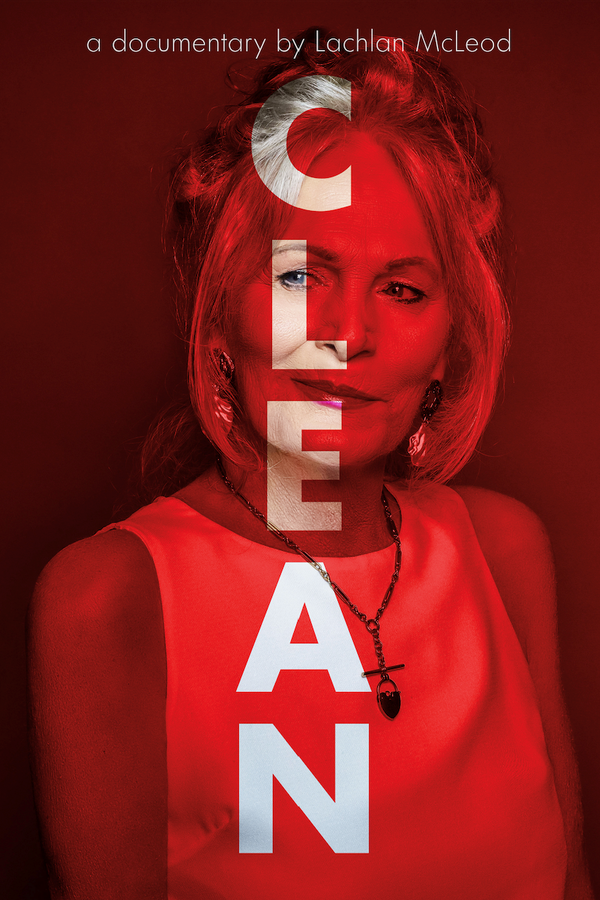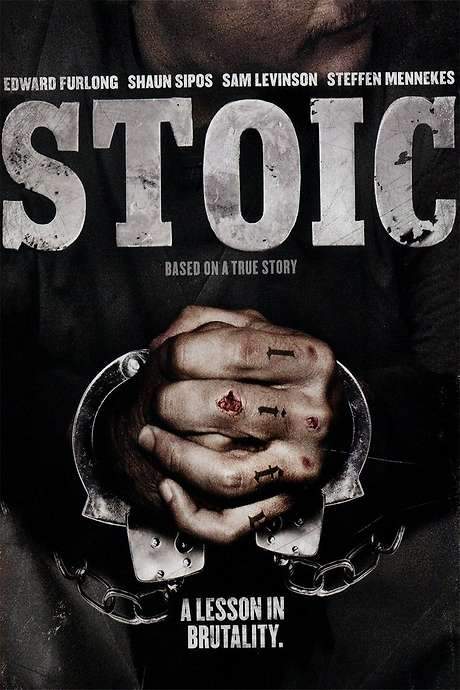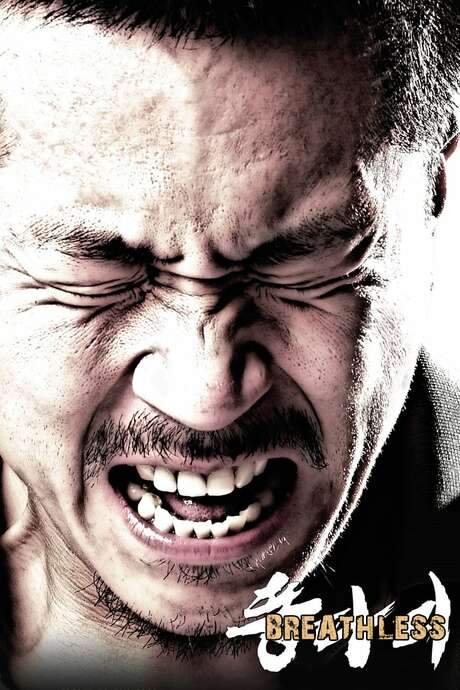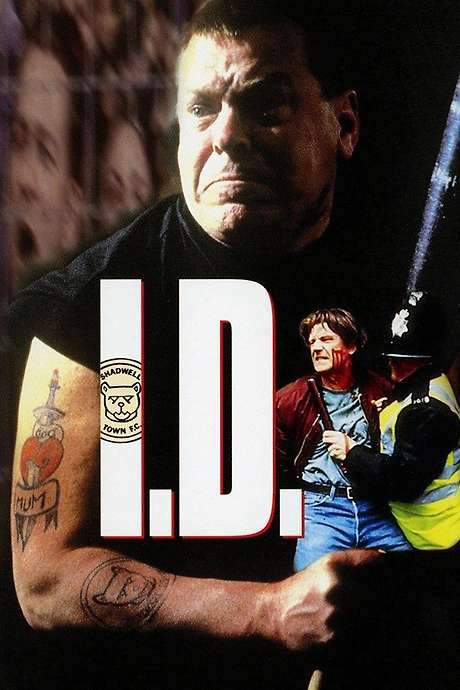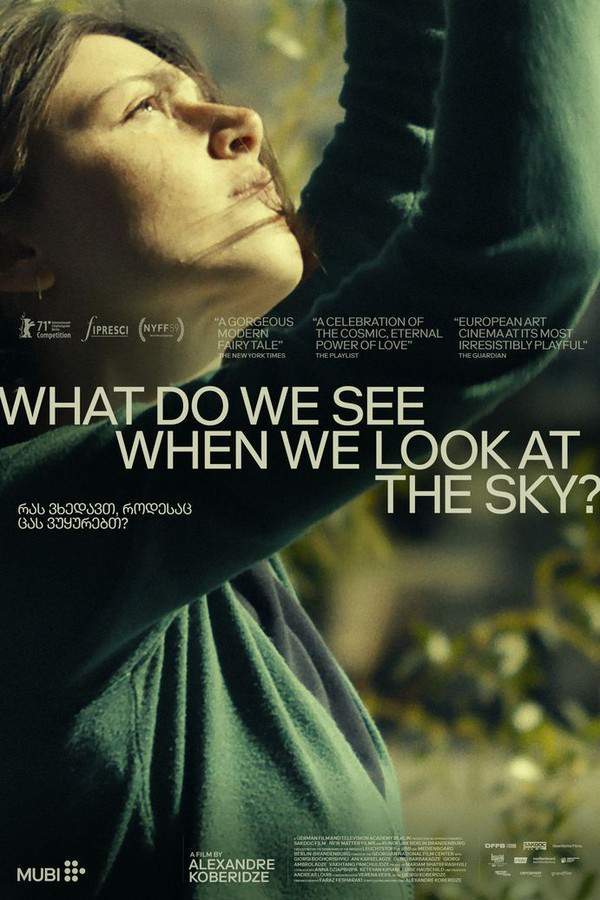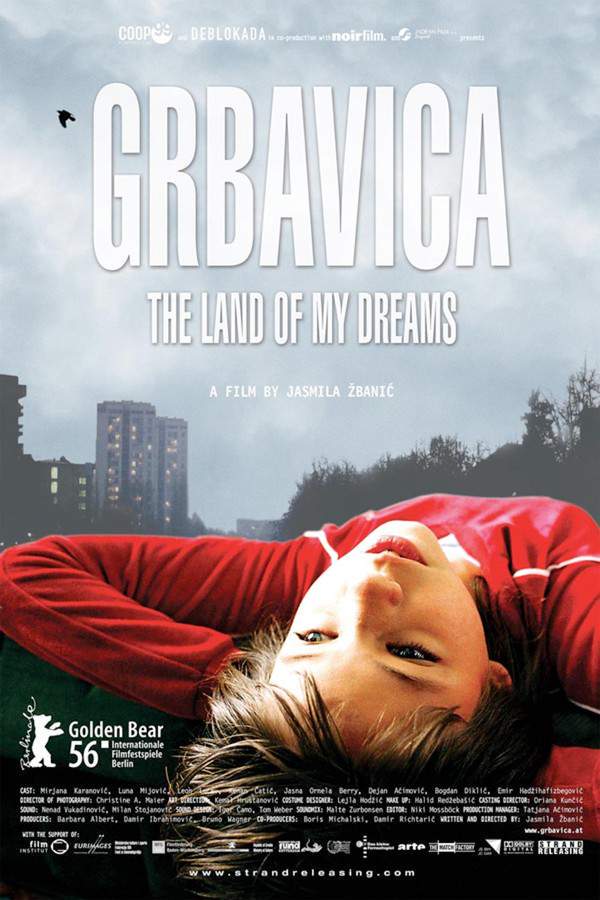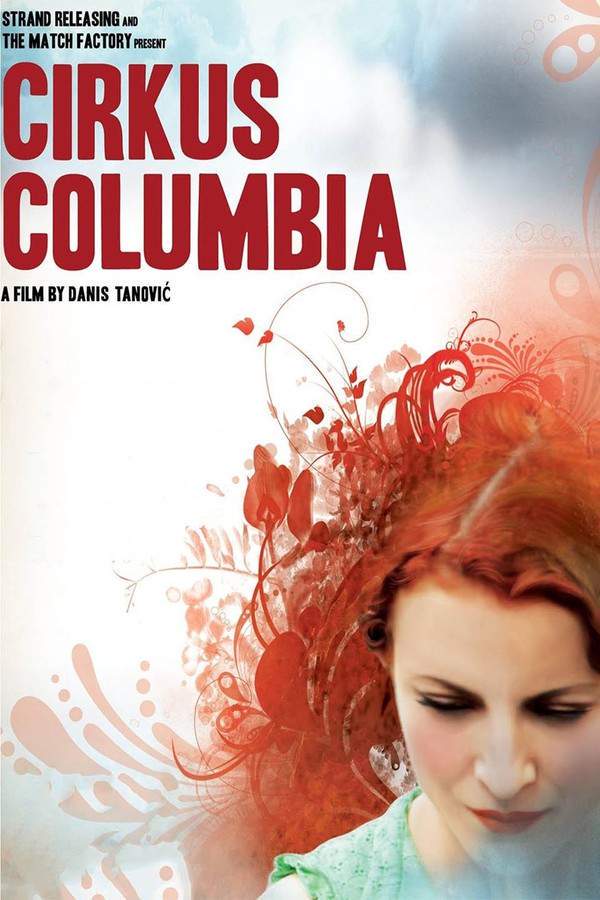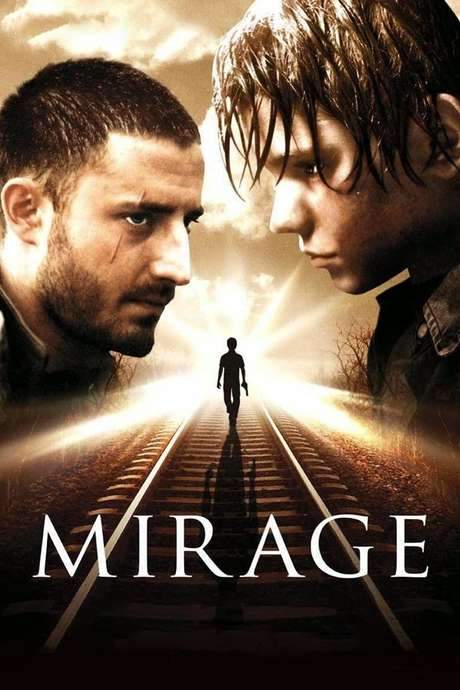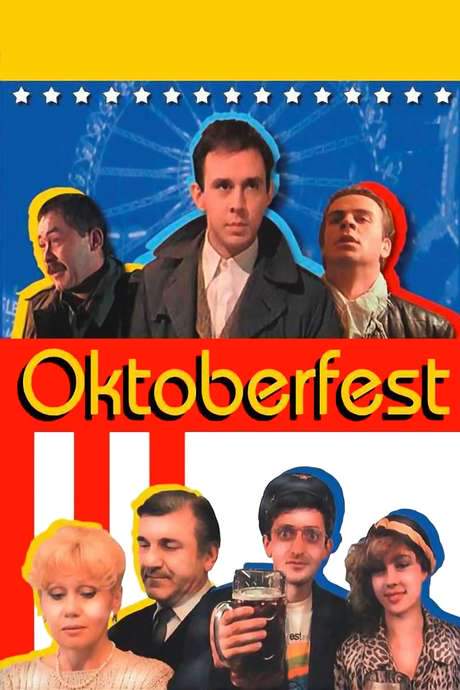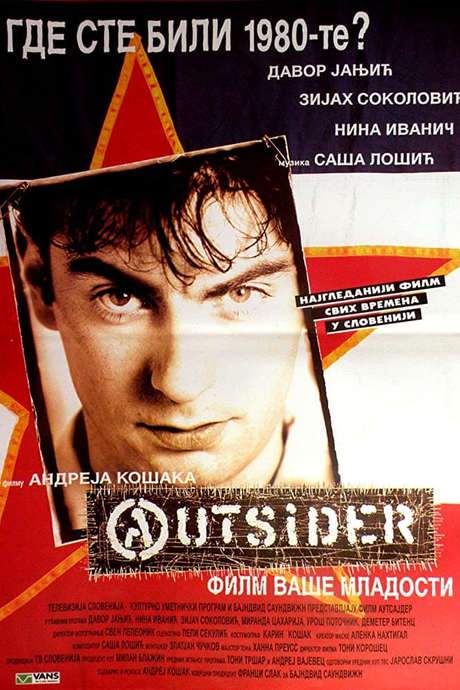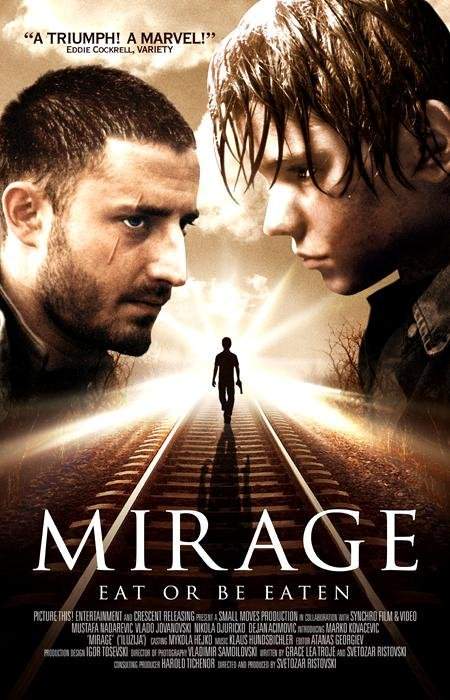
Iluzija
Year: 2006
Runtime: 107 min
Director: Svetozar Ristovski
Amidst a landscape where hope seems scarce, a young poet named Marko finds refuge in a radiant city. When his teacher loses his resolve, Marko seeks guidance from an unexpected mentor. He learns that enduring hardship requires accepting one's authentic self, or face being overwhelmed by those around him.
Warning: spoilers below!
Haven’t seen Iluzija yet? This summary contains major spoilers. Bookmark the page, watch the movie, and come back for the full breakdown. If you're ready, scroll on and relive the story!
Iluzija (2006) – Full Plot Summary & Ending Explained
Read the complete plot breakdown of Iluzija (2006), including all key story events, major twists, and the ending explained in detail. Discover what really happened—and what it all means.
The film is set in Veles during the turbulent years following the Republic of Macedonia’s independence. It follows the harrowing journey of Marko Trifunovski, portrayed by Marko Kovacevic, a bright yet tormented 13-year-old schoolboy whose life of hardship tragically leads him down a path of criminality. Two mentors emerge offering him hope for a better future, only to ultimately fail him, resulting in his devastating transformation. The profound nature of his fleeting hopes is underscored by the film’s epigraph, a thought-provoking aphorism from Friedrich Nietzsche’s Human, All Too Human: > “Hope is the worst of evils, for it prolongs the torments of man.”
The narrative begins to unfold with an insightful glimpse into Marko’s struggles. Residing in a dilapidated home adjacent to a bustling railway track, he experiences profound neglect from his family—his father Lazo (Vlado Jovanovski), a bingo addict embroiled in a workers’ strike; his oppressed mother Angja (Elena Mosevska); and his sister Fanny (Slavica Manaskova), whose abusive and promiscuous behavior compounds Marko’s suffering. School is no sanctuary for him, as he faces relentless bullying at the hands of Levi (Martin Jovchevski), the son of the local Albanian police chief Blashko (Dejan Acimovic). Seeking solace from his incessant woes, Marko often retreats to a nearby train graveyard, passing the time by playing chess.
A sensitive soul, Marko demonstrates a remarkable talent for poetry; a fellow character whimsically dubs him “Koco Racin II.” At this juncture, a Bosnian teacher of Macedonian, Mustafa Nadarevic, becomes a guiding light for Marko, encouraging him to enter a French-sponsored poetry competition, the outcome of which could secure him a chance to represent Macedonia in Paris, the epitome of artistic aspiration. He also motivates Marko to present his poem at their school’s forthcoming Independence Day festivities, filling him with dreams of literary success and escape from his constrained life.
Yet, Marko’s attempts are met with obscurity from his family and ridicule from his peers. Although his teacher displays kindness, he ultimately offers little substantial support, retreating when he witnesses Levi’s gang cruelly assaulting Marko outside his home. Attempts to banish Levi from his classes are thwarted by Blashko’s interference. Complicating matters, Fanny’s affair with a Kosovo Force soldier becomes a new source of torment for Marko, fueling the malice of his racist bullies.
In a twist of fate, a scarred soldier known as Paris (Nikola Djuricko) begins to spend time in the train graveyard, where he plays chess with Marko. Interestingly, the missing pawn is replaced with a bullet, an ominous symbol reflecting the reality Marko faces. Paris assumes the role of Marko’s new mentor, providing him with survival wisdom such as “Eat or be eaten.” He promises to facilitate Marko’s departure from their troubled town in the future. Under Paris’s dubious influence, Marko begins to engage in drinking, smoking, and stealing, participating in burglaries—including a significant heist at a local Orthodox church—to finance their escape.
Eventually, Marko finds himself in deep trouble when caught selling stolen perfumes, leading to police custody. Blashko blackmails him into becoming Levi’s tutor, who in turn coerces Marko into joining his gang for a school break-in, threatening him with his father’s weapon. Meanwhile, Marko’s teacher harshly critiques his poetry, leaving him devastated. In desperation, Marko implores Paris to teach him the art of shooting. Initially dismissive, Paris eventually concedes.
The climax reaches a breaking point when Levi’s gang, accompanied by Marko, breaks into the school. They ruin the head office, igniting student records and leaving Marko trapped in a burning room. Marko is scarred by a broken bottle during his escape, and the night watchman recognizes him. Seeking refuge back at the train graveyard, he discovers that Paris has abandoned him, leaving behind the pawn bullet as a painful reminder of their bond.
Summoned by the principal to discuss the vandalism, Marko stands his ground, refusing to betray Levi and his gang. Consequently, he is labeled a delinquent and expelled from school, with no support from his teacher, who reports him for his substance usage. After the teacher replaces him with classmate Jasmina (Marija Sikalovska) for the Independence Day event, ghostwriting a patriotic poem for her, Marko confronts the brewing storm at school.
In an act of defiance, Marko confronts Levi’s gang and takes Levi’s gun by force, loading it with Paris’s bullet. Armed with newfound resolve, he faces his teacher during the Independence Day celebration, denouncing him for abandoning his hopes for Marko. In a shocking and tragic conclusion, he states, “There is no escape from the sewer,” and fatally shoots his teacher from close range. As he stumbles away from the chaos, the camera lingers on the lifeless form of his teacher, culminating the film with the haunting strains of Erik Satie’s Gnossienne No. 3.
Last Updated: November 03, 2024 at 11:39
Explore Movie Threads
Discover curated groups of movies connected by mood, themes, and story style. Browse collections built around emotion, atmosphere, and narrative focus to easily find films that match what you feel like watching right now.
Stories of shattered innocence like in Iluzija
Stories of vulnerable youth crushed by relentless poverty and betrayal.If you were moved by the tragic story of Marko in Iluzija, this list features movies with similar themes of youth endangered by poverty and neglect. These films explore the painful loss of innocence and the devastating impact of a cruel world on a vulnerable protagonist, often with a heavy emotional weight and bleak outcome.
Narrative Summary
Stories in this thread typically follow a clear downward trajectory for a young protagonist. They begin with a glimmer of hope or sensitivity, which is then systematically eroded by a series of betrayals, hardships, and the failure of adult figures meant to protect them. The narrative arc is one of inevitable decline, culminating in a tragic loss of the character's original self.
Why These Movies?
These films are grouped together because they share a central, heartbreaking theme: the destruction of a young person's spirit by forces beyond their control. They create a cohesive experience through their oppressive mood, heavy emotional weight, and unflinching look at social failure and its tragic consequences on the most vulnerable.
Films about a steady moral descent like Iluzija
Methodical character studies of a person's tragic fall from grace.For viewers who appreciated the methodical buildup of despair in Iluzija, this collection highlights movies with a similar narrative of a character's moral collapse. These dramas use a steady pace to explore how hardship and corruption can systematically break down an individual's ethics, leading to a devastating and bleak conclusion.
Narrative Summary
The narrative pattern is a slow, inevitable burn toward tragedy. The story avoids sudden twists in favor of a cause-and-effect chain of events that pushes the protagonist further into despair. Key moments often involve the failure of potential saviors or mentors, forcing the character to make increasingly desperate choices that seal their fate.
Why These Movies?
These movies are united by their focus on a specific type of character journey: the moral downfall. They share a similar viewing experience defined by a steady, oppressive pacing, high emotional intensity, and a bleak tone that makes the tragic outcome feel both shocking and inevitable.
Unlock the Full Story of Iluzija
Don't stop at just watching — explore Iluzija in full detail. From the complete plot summary and scene-by-scene timeline to character breakdowns, thematic analysis, and a deep dive into the ending — every page helps you truly understand what Iluzija is all about. Plus, discover what's next after the movie.
Iluzija Timeline
Track the full timeline of Iluzija with every major event arranged chronologically. Perfect for decoding non-linear storytelling, flashbacks, or parallel narratives with a clear scene-by-scene breakdown.

Characters, Settings & Themes in Iluzija
Discover the characters, locations, and core themes that shape Iluzija. Get insights into symbolic elements, setting significance, and deeper narrative meaning — ideal for thematic analysis and movie breakdowns.

Iluzija Spoiler-Free Summary
Get a quick, spoiler-free overview of Iluzija that covers the main plot points and key details without revealing any major twists or spoilers. Perfect for those who want to know what to expect before diving in.

More About Iluzija
Visit What's After the Movie to explore more about Iluzija: box office results, cast and crew info, production details, post-credit scenes, and external links — all in one place for movie fans and researchers.

Similar Movies to Iluzija
Discover movies like Iluzija that share similar genres, themes, and storytelling elements. Whether you’re drawn to the atmosphere, character arcs, or plot structure, these curated recommendations will help you explore more films you’ll love.
Explore More About Movie Iluzija
Iluzija (2006) Scene-by-Scene Movie Timeline
Iluzija (2006) Movie Characters, Themes & Settings
Iluzija (2006) Spoiler-Free Summary & Key Flow
Movies Like Iluzija – Similar Titles You’ll Enjoy
What Do We See When We Look at the Sky? (2021) Spoiler-Packed Plot Recap
Grbavica: The Land of My Dreams (2007) Plot Summary & Ending Explained
Cirkus Columbia (2012) Full Summary & Key Details
Land of Truth, Love & Freedom (2000) Story Summary & Characters
Mirage (2004) Ending Explained & Film Insights
Life Is a Miracle (2004) Plot Summary & Ending Explained
A Night at My Mother’s House (1991) Detailed Story Recap
Upside Down (2007) Full Movie Breakdown
Oktoberfest (1987) Full Summary & Key Details
Landscapes in the Mist (1984) Detailed Story Recap
The Lika Cinema (2008) Full Movie Breakdown
Real Truth (1972) Ending Explained & Film Insights
Orbis Pictus (1997) Complete Plot Breakdown
Monday or Tuesday (1966) Movie Recap & Themes
Outsider (1997) Full Movie Breakdown

